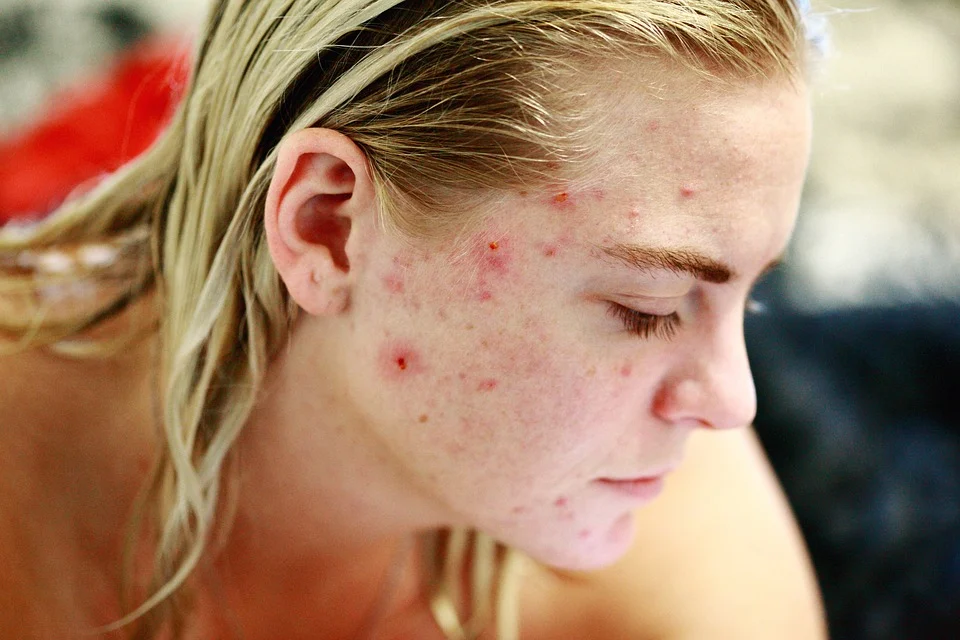Causes of Facial Blemishes
Blemishes are unpleasant spots that usually appear on the skin and give the face a seemingly unhealthy look. A classic sign of skin aging, facial blemishes are often the result of the unstoppable progression of the body clock. It is precisely this change in the melanin pigment synthesis mechanism that causes the appearance of spots on the skin of older people.
However, “age-related physiology” is not the only cause of skin spots, and other factors are also involved in the formation of facial blemishes. Environmental influences such as UV rays, smoke, and smog can reduce the function of melanocytes and increase the risk of facial pigmentation.
Hormones also play an important role in the development of melanocytes. It is precisely because of hormonal changes that pregnant women or going through menopause complain of this condition, and finally, blemished skin may also indicate certain diseases, especially Addison’s disease, type I diabetes, and skin cancer (such as melanoma).
Appearance of Facial Blemishes
Dark spots on the skin: freckles , sun spots, lentigo senilis, freckles, melasma.
White patches on the skin: Vitiligo, pityriasis Versicolor, fungal infection
Treatment
After childbirth or breastfeeding, your melasma will probably disappear as your hormone levels recover.
Anti-pigmentation and whitening cosmetics are definitely effective ways to combat dark spots on the face.
Apply creams with vitamin E to your facial skin: Tocopherols are potent antioxidants that help fight free radicals. In general, creams containing vitamins and other antioxidants can help prevent damage caused by oxidative stress due to their anti-inflammatory and anti-radical properties.
Cosmetic products (e.g., foundations): Although they do not act directly on the cause, cosmetics can effectively camouflage skin imperfections such as facial blemishes.
Use mild, non-irritating cleansers on the face and body.
Strengthen your immune system: Stress, seasonal allergies, and influenza can negatively affect facial vitiligo, making it more visible.
What To Avoid
-Exposing yourself to the sun immediately after exfoliating.
-Exposing yourself to the sun without using a sunscreen that is appropriate for your skin type.
-Using anti-pigmentation cosmetics and medicines on the skin during pregnancy: some substances (such as retinoids) are teratogens that can cause serious malformations in the fetus.
-Use of poor-quality aggressive cleansers for facial and body hygiene.
-Discontinuing hormonal treatments (which are believed to cause facial blemishes) without consulting a doctor.
-Taking medications or photosensitizing substances before undergoing laser treatment to remove skin pigmentation.
What to Eat and What Not to Eat
There is no scientific evidence that diet has anything to do with improving or worsening the symptoms of blemishes on the face, but it is recommended to eat a healthy and balanced diet rich in fruits and vegetables and low in fat.
Natural Healing and Treatment
Natural remedies can help rid of dark spots on the face and other areas of skin concern. For instance, poultices, creams, and other natural cosmetics (topical) can be formulated for this purpose.
-Licorice: Uses the depigmenting action of glycyrrhetinic acid to improve unsightly dark spots.
-Green tea: Topical application of green tea extract is a natural treatment for skin pigmentation due to its inhibitory effect on the enzyme tyrosinase.
-Chamomile: Applied to the skin, chamomile is effective in preventing facial pigmentation because it can weaken the process of melanin production stimulated by UV rays

Please note that the materials listed are intended to provide quick access to general advice, suggestions, and treatments that doctors and textbooks normally provide to treat facial blemishes. Such indications are in no way intended to replace the physician’s advice or other health care professional treating the patient.


